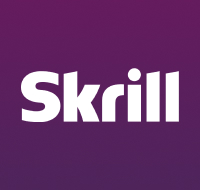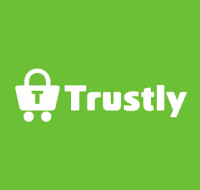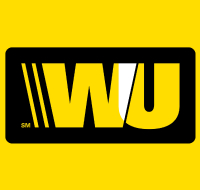If you can’t fund your trading account at will or withdraw your profits when needed, there is no point in trading at all. Without real money to trade and invest with, you will never see any actual profits.
Because of this, you must understand different ways to fund your trading account as well as the most popular payment methods used in the industry. And to help you do this, we asked our team of experts to create a complete guide to funding trading accounts.
Deposits & Withdrawals
Finding a broker that supports the means of payment that you prefer is crucial to your experience. Therefore, it’s a decision that you have to make carefully. Also, most online brokers allow you to withdraw your profits to the same account that your initial deposit came from.
This means that you need to pick a broker with a payment method that you feel comfortable receiving your profits. Naturally, you also want to pick a payment method that allows for fast transfers so that you can start trading directly after you’ve made your deposit.
There are many other factors to consider when finding an online brokerage account. Continue reading to learn all about it!
Is it Safe To Fund My Trading Account?
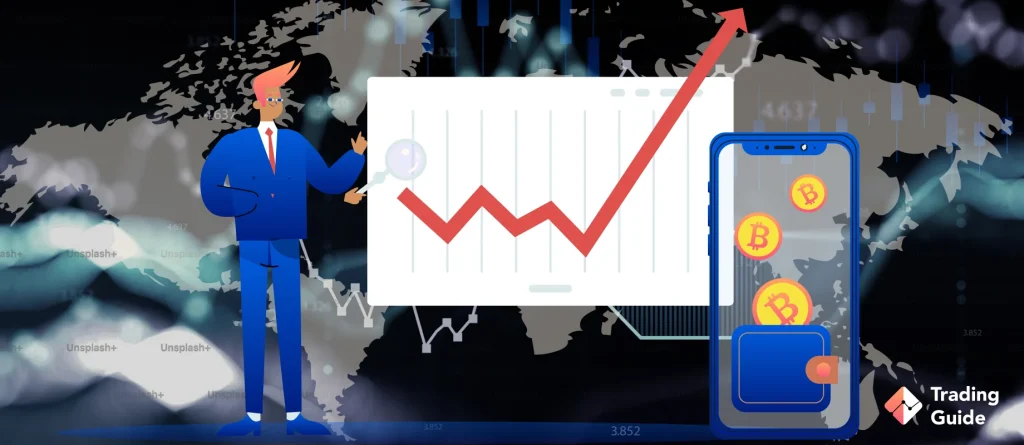
There is really only one way to ensure your own safety when using online brokers: to make sure that they are licensed and regulated.
In order to offer online trading services, brokerages have to apply to the local financial regulators and get a brokerage license issued. Without this license, a broker operates illegally and cannot be trusted.
However, if a broker is licensed and regulated you can rest assured that it’s a serious operation. You can also be confident that the broker accepts safe and serious payment methods that are also approved by the financial regulator in the region.
In other words, if your broker is licensed (which it absolutely HAS to be), then you can deposit and withdraw funds without a worry in the world.
The Most Popular Types of Payment Methods
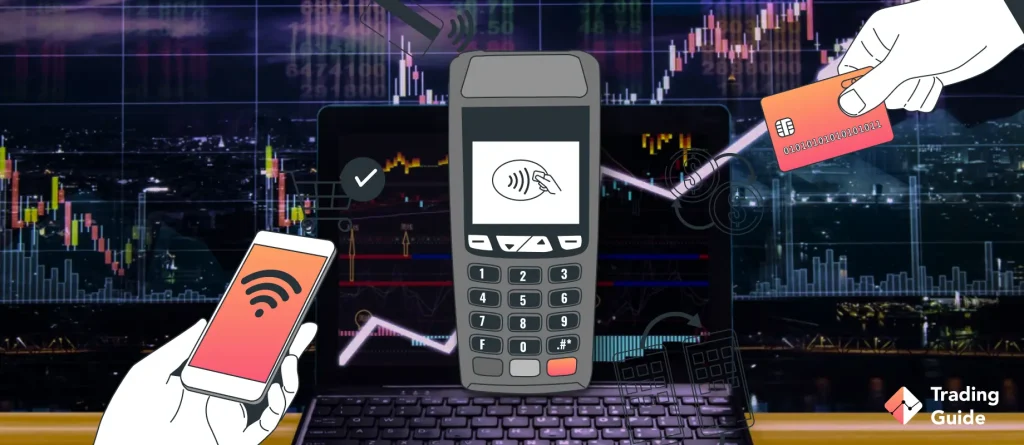
To help you find a payment option that suits your preferences, we have listed all the most popular payment methods provided by leading online brokers. Please note that we haven’t listed local payment options that are only provided in certain jurisdictions. Instead, we’ve covered the largest and most commonly used methods.
Credit & Debit Cards
- Credit – many people prefer funding brokerage accounts with a credit card. Generally speaking, credit cards brokers always accept Visa and Mastercard, but you can often use other card providers such as Diners and American Express.
- Debit – in many regions of the world, debit cards are the most common way to fund trading accounts. Visa and Mastercard are widely accepted but some brokers offer even more options.
Electronic Payment Methods
Also known as eWallets, these represent the most popular funding methods for online trading accounts. It’s a safe and quick way to transfer funds without long transfer times or high fees.
Ease-of-use, availability, and safety are three other benefits of using electronic payment methods to fund trading accounts. Also, in today’s day and age, most of us are already using these types of services and we’re used to the ins and outs of eWallets.
- PayPal – perhaps the most recognizable e-wallet of all time. PayPal is supported by several top-tier brokers including Oanda and Plus500. This is also a global option accepted in most countries around the world.
- Skrill – founded in 2001, Skrill has been one of the leading electronic payment solutions for many years. With groundbreaking technology, Skrill has paved the way for an entire industry.
- Neteller – this eWallet shares many similarities with Skrill and since 2015, both Neteller and Skrill are owned by Paysafe Group.
- WebMoney – based in Russia, WebMoney is one the biggest payment providers in the country. Since 2015, WebMoney has also been available in the United Kingdom thanks to a license issued by the Financial Conduct Authority (FCA).
Offline Payment Methods
- Wire Transfers – many online traders prefer to handle their deposits and withdrawals using regular wire transfers (bank transfers). There are some benefits to this although it is one of the most time-consuming options available.
- Western Union – the main benefit of using Western Union to fund a trading account is that you can transfer cash. It’s also a safe option that a large part of the human population is already familiar with using.
- Checks – this outdated payment option is still accepted by certain brokers in certain regions. Checks are predominant in the United States and North America, thus mainly offered by U.S. stock brokers.
Transfer Fees and Charges
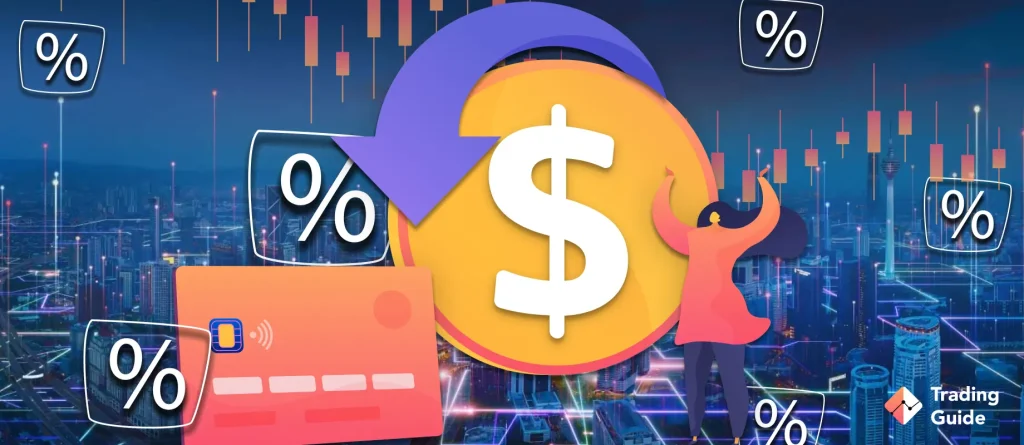
In addition to picking a broker that accepts the payment method that you prefer to use, you also want to find a broker that allows you to transfer funds without excessive fees. Only a few years ago, it was quite expensive to use online brokers and many services had charges attached to them, including transfer of funds.
Today, the market has evolved and trading is cheaper than ever. In fact, many of the best online brokers in the world do not charge anything for deposits or withdrawals. There are some exceptions to this rule, but in most cases, your broker will not charge you extra to fund your trading account.
Due to strict international regulations regarding online trading, brokers are obligated to be transparent and honest. This means that you can easily find fees and charges listed on each broker’s website as well as on their platforms. This way, you never have to get surprised by any additional fees.
Minimum Deposit Levels and the Verification Process
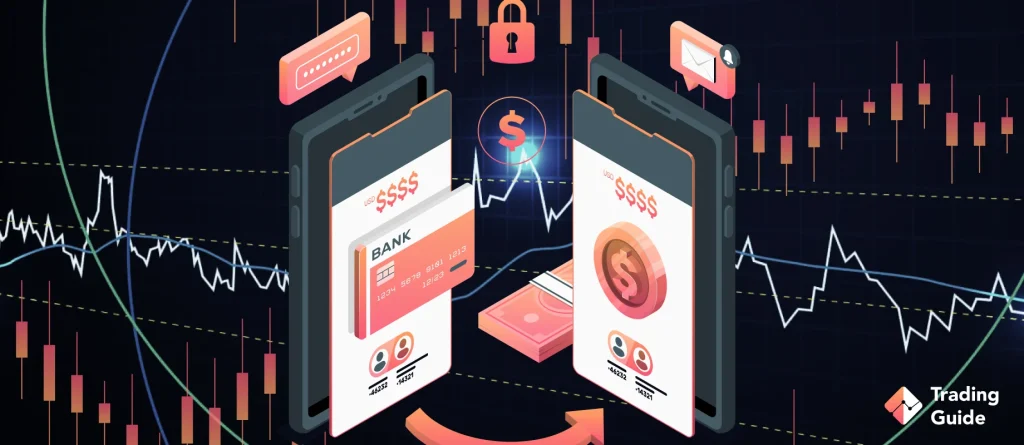
One important aspect of payment options is a concept called minimum deposit requirement – or minimum deposit level. This is a requirement set by brokers that traders have to fulfill to activate their trading account. It usually only applies to the first deposit you make with your broker, but make sure that you read the terms before committing to any form of deposit level.
As the name entails, a minimum deposit requirement is the amount of money that you have to deposit in order to start trading. Today, brokers have requirements ranging from £5 to £300 and many brokers have different levels for different account types and payment methods. Some brokers do not impose these rules and allow their customers to start trading with any amount they see fit.
Verify Your Identity
As mentioned, these requirements are used to activate your trading account. However, there is another process one has to complete before getting started, namely the verification process.
In accordance with global KYC (Know Your Customer) and money laundering laws, online brokers are not allowed to accept anonymous traders or funds from unverified sources. This is to help stop money laundering as well as to endorse customer and fund safety.
The verification process is quite simple and requires only a few steps. It’s also universal, meaning the process is more or less the same regardless of where you reside or which broker you want to use.
To verify your identity, your broker will ask you to provide proof of identity as well as proof of residence. Proof of identity is a copy of your personal ID card, ie. a passport, driver’s license, or national ID, which you submit to the broker. Proof of residence is a copy of a recent utility bill (no older than 3 months) or a fresh bank statement with your address clearly stated on it.
Conclusion
As you can see, there is no shortage of payment options available when funding your online trading account. You can quickly find a broker that accepts the alternative that you prefer, whether that be credit card, PayPal, Neteller, Wire Transfers, or even Western Union.
Now, no broker accepts every payment option but most of them try to support as many options as possible. To find out more about which payment methods are offered by which broker, we suggest you check out broker comparisons and trading guides.
And as always, if you have questions or concerns, we encourage you to reach out to us, and one of our experts will get back to you shortly.







